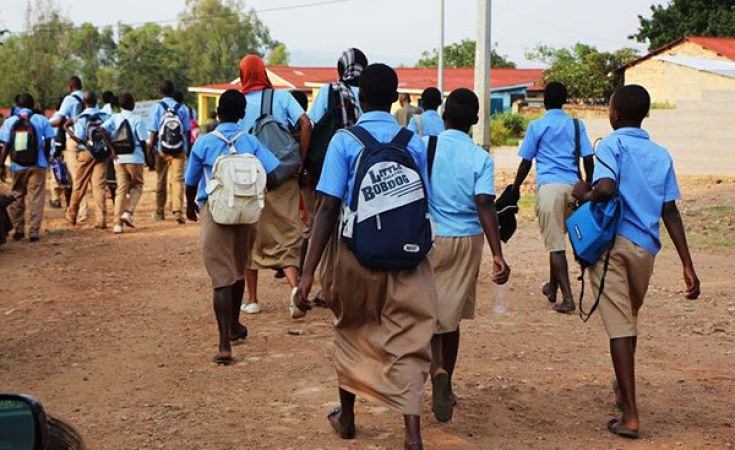MORE civic engagement and access to information have been listed by experts as the benefits that Tanzania is poised to gain as a result surpassing the target of increased literacy
The third National Five-Year Development Plan (FYDP III) 2021/22 - 2025/26, targeted to make 81.6 per cent of the population aged 15 years and above literate. In analysis, the data by the National Bureau of Statistics (NBS) shows that the target has been surpassed as currently 83 per cent of the population is literate.
In a separate interview with the 'Daily News,' the analysts noted that surpassing the target of having a majority of population literate will increase community engagement in various issues such as voting as well as access to information.
Commenting on the matter an Expert in education with the Tanzania Education Network (TenMet), Mr Nicodemus Shauri said having 83 per cent literate people is a significant achievement, indicating a high literacy rate.
He said such an increment has several implications for the country's education and development, particularly economic growth.
"Literate individuals are more likely to participate in civic activities, such as voting, community decisionmaking, and advocacy, which can lead to more informed and active citizenship," he asserted.
"Literacy enables individuals to access and understand information, which is crucial in making informed decisions about their health, education and personal development," he added.
He further said despite the achievement attained, still there were areas that required special attention including bridging the gender gap in literacy rates.
"While literacy rate is high, the quality of education may still be a concern," he said. His view was seconded by a lecturer at the Tanzania Institute of Accountancy (TIA) -Mwanza Campus, Dr Honest Kimario who said the increase of literacy rate in the country implies Tanzania is effectively implementing global Sustainable Development Goal Number 4 which insists on the Quality Education for all.
"I really appreciate the efforts of the Ministry of Education, Science and Technology to ensure the three 3Rs (Reading, Writing and Arithmetic) are under close implementation at the pre-primary and the first two years of primary education," he pointed out.
Dr Kimario added that the increase of literacy rate to 83 per cent is an outcome of universal free primary education policy of the government which has made it possible for everyone to get education.
"The impact of increased literacy rate is expected to reduce crimes, growth of the economy and generally improve the livelihood of Tanzanians," he added.
On his part, an educational consultant at HakiElimu, Dr Wilberforce Meena, said although the percentage reached is praiseworthy, more investment for the country's adult education system is still required.
"To eliminate the existing gap of illiteracy in the country, it is important to increase investment in the adult education system and lifelong learning," Dr Meena underlined.
In three years of President Samia Suluhu Hassan's leadership the government has significantly increased investment in education.
Tabling the national budget recently in National Assembly in Dodoma, Minister for Finance Dr Mwigulu Nchemba said the government continued to improve primary and secondary education by enhancing human resource, improving infrastructures and curriculum.


